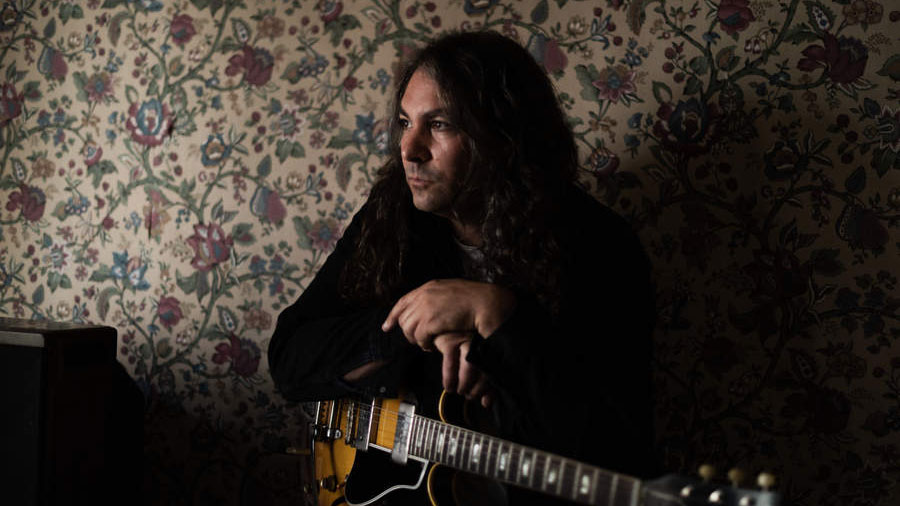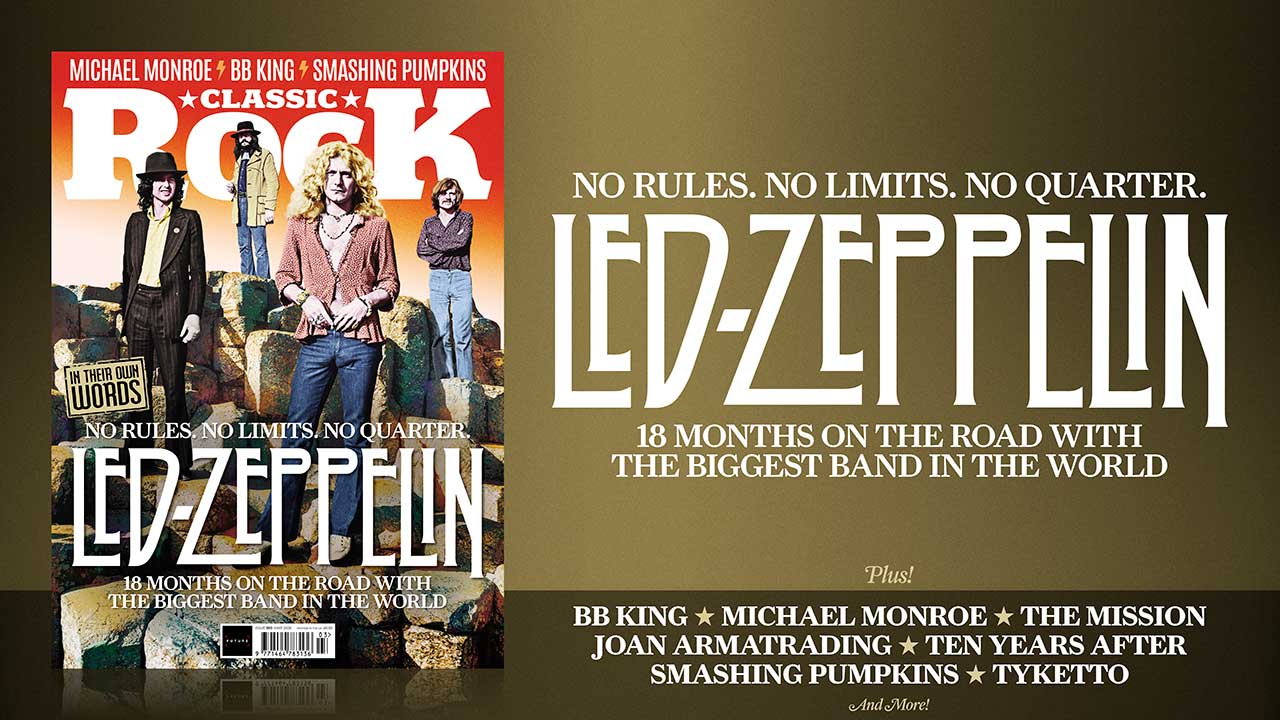The War On Drugs: fatherhood, Krautrock, and chats with Mick Jagger
With a perfectionist approach and drawing on classic 70s rock for inspiration, The War On Drugs is working out fine

Founded in 2005 by Philadelphia neighbours Kurt Vile and Adam Granduciel, The War On Drugs have since expanded into a fearsome sextet, updating the classic tenets of heartland rock for a whole new generation.
Latest album I Don’t Live Here Anymore – rooted in Bruce Springsteen, Bob Dylan, Fleetwood Mac and 70s kosmische – spent three years in gestation, nurtured by the perfectionist vision of songwriter and frontman Granduciel. We caught up with the hard-grafting bandleader.

I Don’t Live Here Anymore has such a distinct sound. What were you looking for?
We were working towards a goal where we felt like all the songs were swimming in the same ocean. Shawn [Everett co-producer/engineer] is so talented. It’s like he’s operating on a totally different level. And I enjoy that process of discovering cool sounds and arrangements. In the studio we found a Marshall JC-120 amp, which gives you a classic eighties feel. We were always getting inspired.
During the making of the album you turned forty and also became a father. Did that play into these themes of transition and change?
I think that was the main thing. I took six weeks off after the arrival of Bruce, which was a luxury, but it still didn’t feel like time to dive back into the old Adam, who would’ve been working in the studio all the time. So making this record was a way of navigating new responsibilities and using time better. Having a kid gives you a chance to start again, to try to be a great reflection of all the things you want to be.
The band’s previous album, 2017’s A Deeper Understanding, which won a Grammy put The War On Drugs on another level. How did that play into your approach here with the new one?
Sign up below to get the latest from Classic Rock, plus exclusive special offers, direct to your inbox!
We ended up playing bigger venues after A Deeper Understanding, our fan-base was really growing, and our band was expanding sonically. So I wanted to make sure we had songs that would play well in that larger context, to take some big songs and see how we could make them sound.
You’re a major fan of Harmonia, who you reference on Harmonia’s Dream. What’s the attraction for you?
We’re always listening to that stuff [Krautrock]. You get into Neu! first, then Harmonia, and you start realising that it’s basically all the same people involved. That makes it even cooler. There must be about two hundred Michael Rother albums, and every year one of us comes back from touring Europe with a different one. I tend to go back to the well a lot, to my favourite classic records, whether it’s Harmonia or seventies rock. I’m always looking for that thing that puts me into an obsessive head-space.
Last year you remixed the Stones’ Scarlet, their ‘lost’ collaboration with Jimmy Page, for the Goats Head Soup reissue. How much of a thrill was that?
I’d heard about those sessions, and was such a huge Stones and Jimmy Page fan. In the early days of touring, around 2007, Goats Head Soup was constantly playing in our van. The day after I’d sent [the remix] over I got a message back saying: “Mick loves it and he wants to have a chat with you.” I couldn’t believe it. He and I just had the most incredible conversation, talking about music, the remix and my band.
I Don’t Live Here Anymore is out now via Atlantic Records.
Freelance writer for Classic Rock since 2008, and sister title Prog since its inception in 2009. Regular contributor to Uncut magazine for over 20 years. Other clients include Word magazine, Record Collector, The Guardian, Sunday Times, The Telegraph and When Saturday Comes. Alongside Marc Riley, co-presenter of long-running A-Z Of David Bowie podcast. Also appears twice a week on Riley’s BBC6 radio show, rifling through old copies of the NME and Melody Maker in the Parallel Universe slot. Designed Aston Villa’s kit during a previous life as a sportswear designer. Geezer Butler told him he loved the all-black away strip.

